Bussoleno

A short and easy distance from Turin, the town of Bussoleno lies along a branch of the historic Via Francigena that made it a crossroads for pilgrims and commerce since the Middle Ages. It connected Turin with the Alps and beyond, and once the rail came was a main route over the Alps towards Paris and other parts of France. A train museum dedicated to its importance in that route is something you should see while you're in Bussoleno.
In fact, its location in the Valle di Susa puts in reach of many locales, both mountain and sea, and in Italy as well as in next-door France, as it sits very close to the border. It is below Mont Blanc and the Alps, but also near Savona, Genova and Sanremo at the sea. Cuneo and Grenoble and Chambery are cities in the vicinity.
But closer to home are plenty of diversions, especially for outdoorsy types who will find the alpine area a paradise. In fact, Bussoleno as the gateway to the Parco Nazionale Gran Paradiso, one of Italy's premier national parks.
Molti dei punti d’interesse più rinomati infatti sono costruzioni di epoca medievale come Casa Aschieris, la Locanda della Croce Bianca (o Casa Amprimo) e Castello Borello, che sembra vegliare su Bussoleno dall’alto della montagna. There is the nature park Orsiera Rocciavre right in the backyard and easily accessible, as well as a nature reserve called Orrido di Foresta. Cycling, hiking, climbing, fishing and every other outdoors sports are readily available. A day at the beach can be enjoyed from here, too.
Wander the old borgo that bears distinct styles from Italian and French influences, and some alpine touches mingling with more refined features. Some of the attractions here include the Casa Aschieri, a curious dwelling that looks cobbled-together from a child's imagination, but standing here since the Medieval period. The city walls that encircled it have portions intact. The Mulino Varesio mill, a former grain mill, is still equipped and interesting to see. Wander the old town and enjoy the ambiance. The city straddles the Doria Riparia river, with the medieval section on one side and the "modern" town on the other, with many of its buildings and palazzi dating from the 1700s and early 1800s. There are porticoed buildings along the street Via Traforo, so be sure to stop in at the Caffe Portico for a pastry, coffee, some dedadent chocolate or a drink.
Outside town isolated in the country on a hill with a gorgeous views is the Borgata Baroni, and specifically the ruins of the Castello Borello castle. It's visible only from the outside, but is a lovely place for some quiet, a picnic, and time to reflect on these historical reminders. The intriguing medieval builiding called Casaforte di Chianocco is in the frazione hamlet of Chianocco, where there are also remains of a castle incorporated into other buildings now. The Cassaforte is used for exhibitions and special events, but interesting to see.
The area's cuisine bears influences from both Italian and French fare, with some excellent cheeses, especially the Toma, specialty salamis (especially interesting is the beef-pork mix Bondiola), mountain products like chestnuts, apples, mushrooms, and honey. Try the polenta, rice dishes, plump filled ravioli, and more.
http://www.casafortechianocco.it/
https://www.valdisusaturismo.it/enogastronomia/
Enjoy the comfort of a home rental in Piedmont.

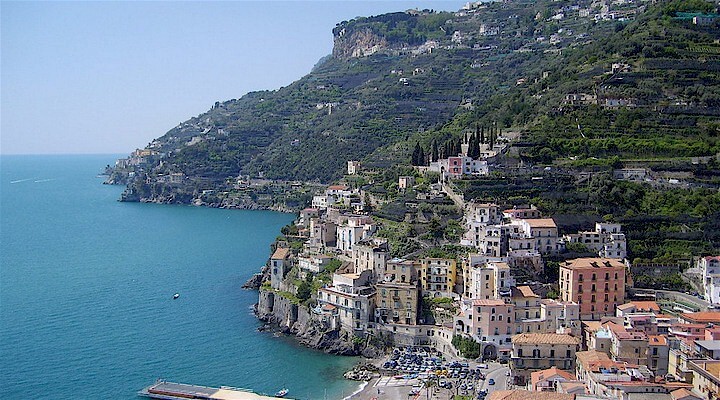 Amalfi Coast
Amalfi Coast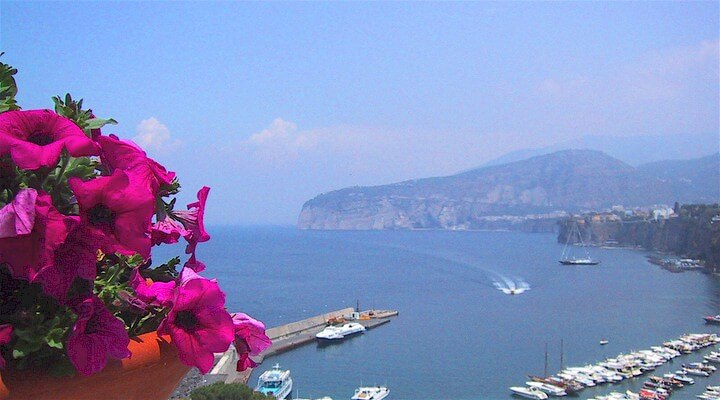 Sorrento Coast
Sorrento Coast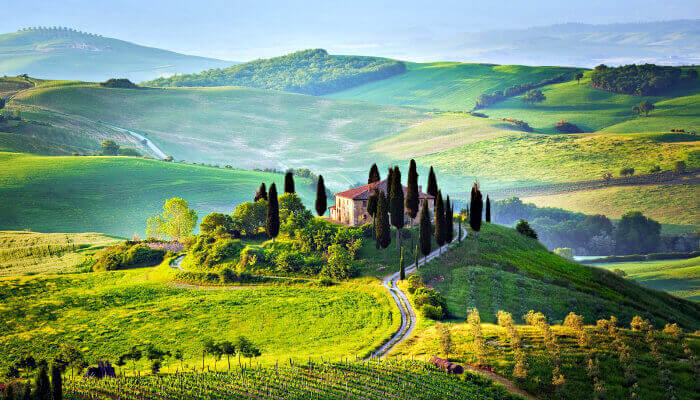 Tuscany
Tuscany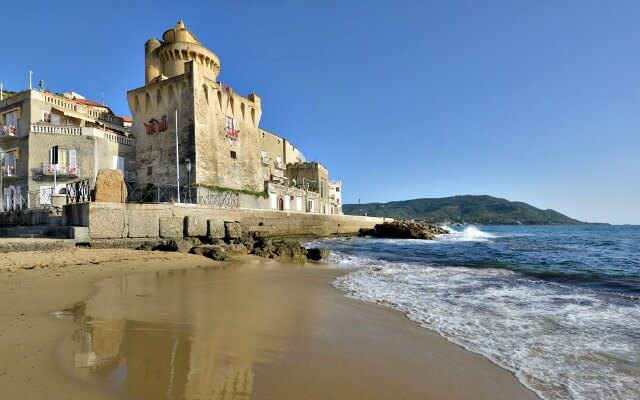 Cilento National Park
Cilento National Park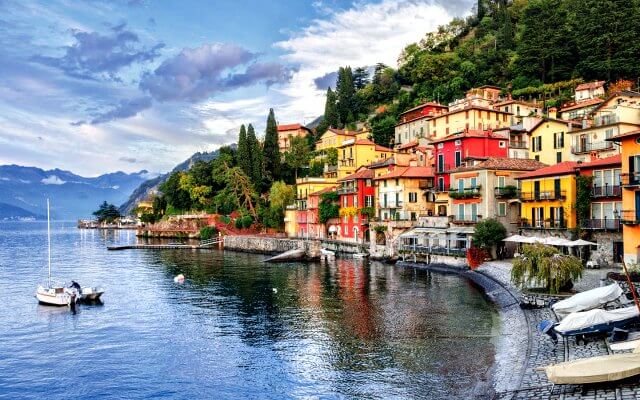 Lake Como
Lake Como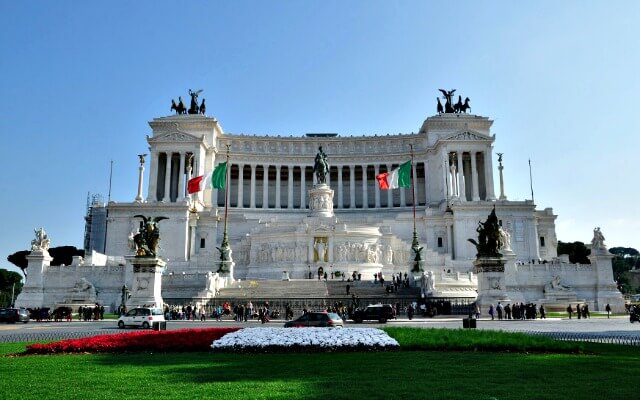 Rome and Latium
Rome and Latium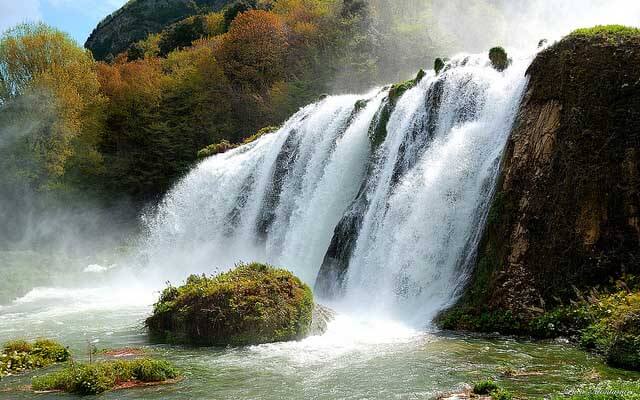 Umbria
Umbria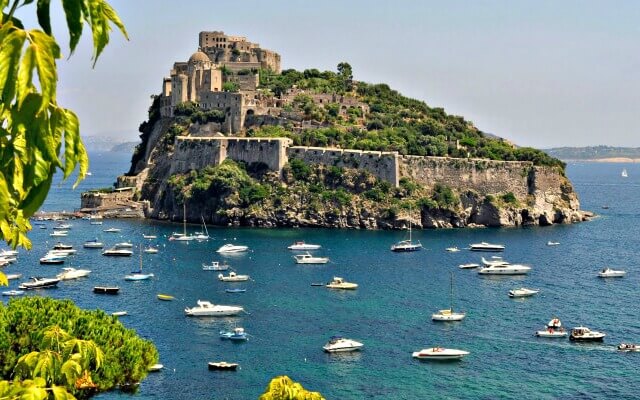 Capri and Ischia
Capri and Ischia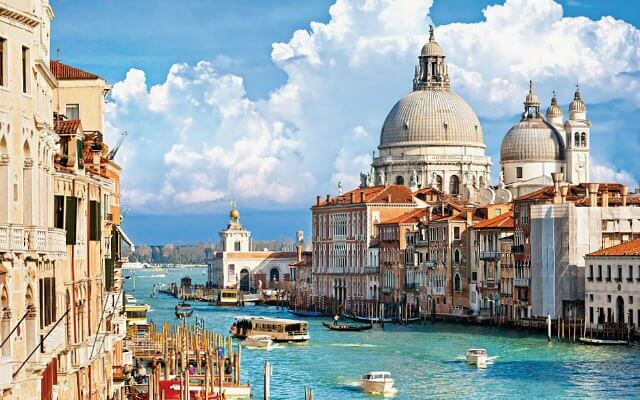 Venice
Venice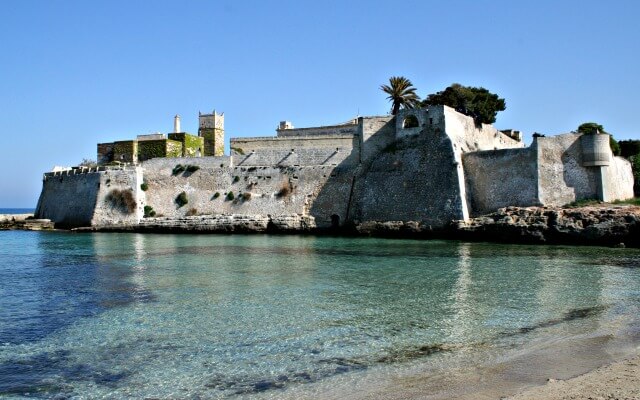 Puglia (Apulia)
Puglia (Apulia)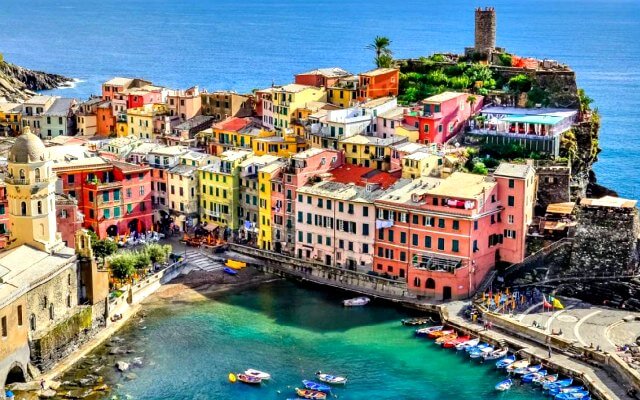 Liguria
Liguria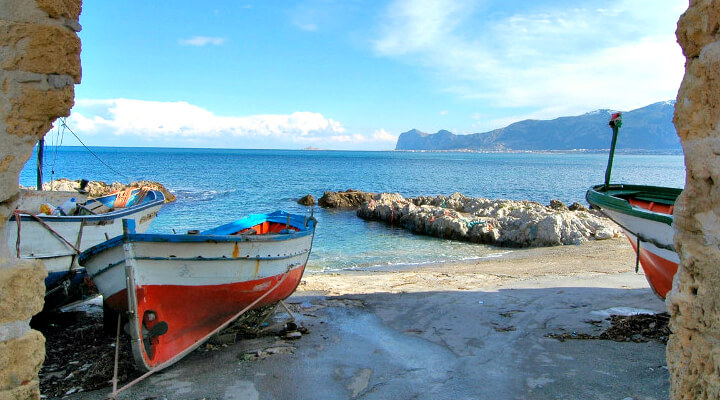 Sicily
Sicily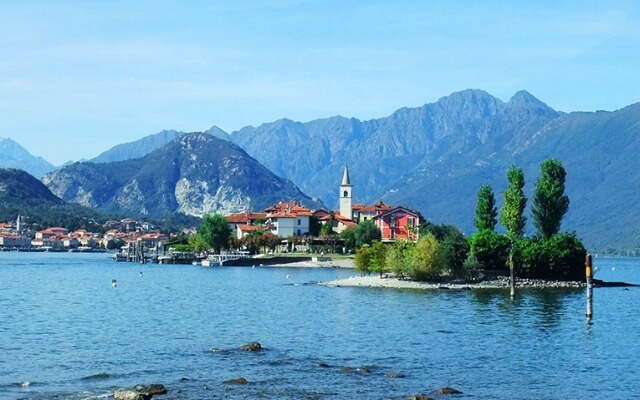 Lake Maggiore
Lake Maggiore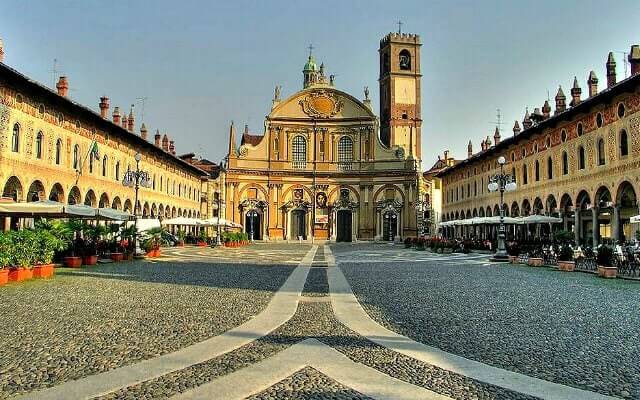 Lombardy
Lombardy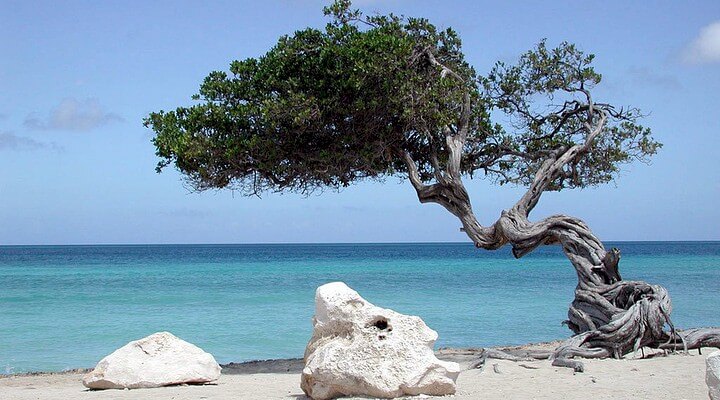 Sardinia
Sardinia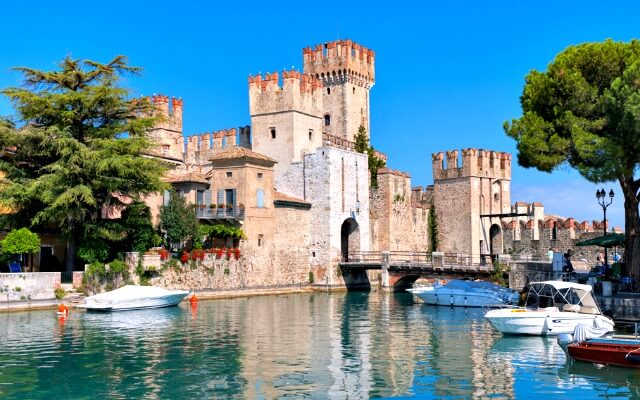 Lake Garda
Lake Garda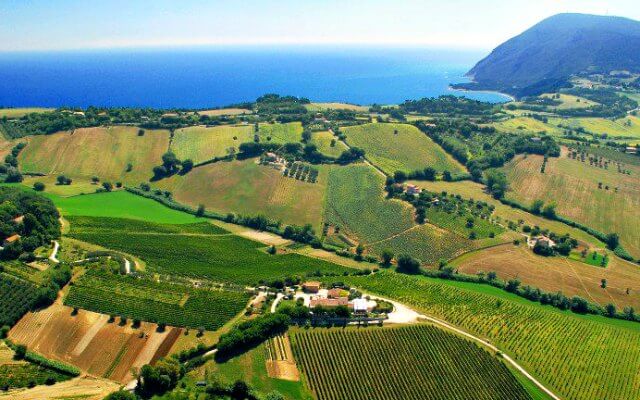 Abruzzo and Marche
Abruzzo and Marche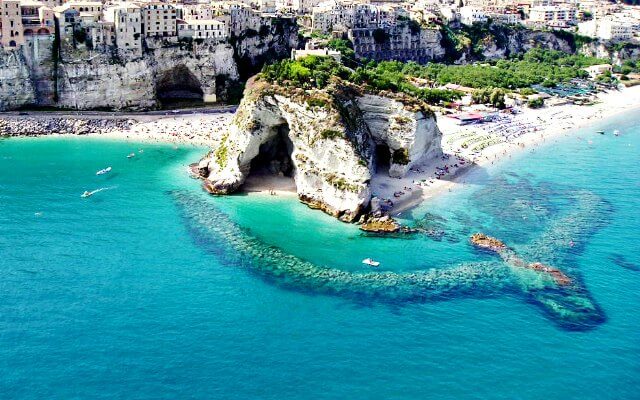 Calabria
Calabria

